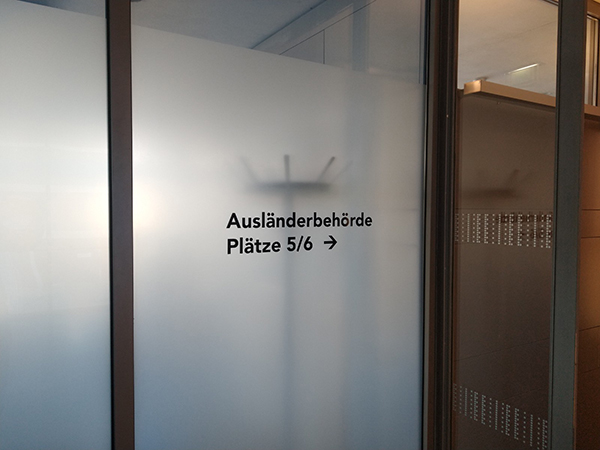The federal government has set out a law that makes it easier for those with leniency to remain permanently in Germany. The decision “Chancen-Aufenthaltsrecht” affects people living in Germany for at least five years who have a “Duldung”, a temporary suspension of deportation. The prerequisite is that they did not commit a crime or have not given false information about themselves. In addition, they have to prove during a one-year “trial period” that they can live independently with the money they have earned and speak good German. It is estimated that approximately 130,000 people are subject to this regulation. Recently, more and more tolerated people in Germany have benefited from the “Spurwechsel light” regulations and have been allowed to stay in the state because they have completed vocational training. In 2021, around 7,400 people with a “Duldung” – almost ten times more than last year – had the opportunity to live in Germany for two more years after completing their training with “Residence Permit for Qualified Tolerated Persons”. This emerges as the response of the Federal Ministry of the Interior to the question of the left parliamentary group from which the media service Integration quotes. 8,200 people are currently undergoing training which means 200 more than in the last year. Around 1,600 of them come from Afghanistan, with about 500 more come from Iran, Iraq, Gambia, and Guinea. In Germany, tolerance is an insecure condition for those without asylum, yet they cannot be deported either because there is a war in their home country or because they do not have documents.
Anyone seeking to join an “Ausbildungsduldung” must disclose their identity. This can be difficult in individual cases like refugees from Afghanistan who arrived years ago and now are supposed to apply for a passport from the Taliban regime. The statistics show how big the hurdles are. Between 2015 and 2021, the number of tolerated persons rose from 155,308 to 242,029. Concerning these numbers, the proportion of those with a “Duldung” for training is very low.
tun22070503
Die Ausländerbehörde im Tübinger Landratsamt. Foto: tünews INTERNATIONAL / Martin Klaus.




